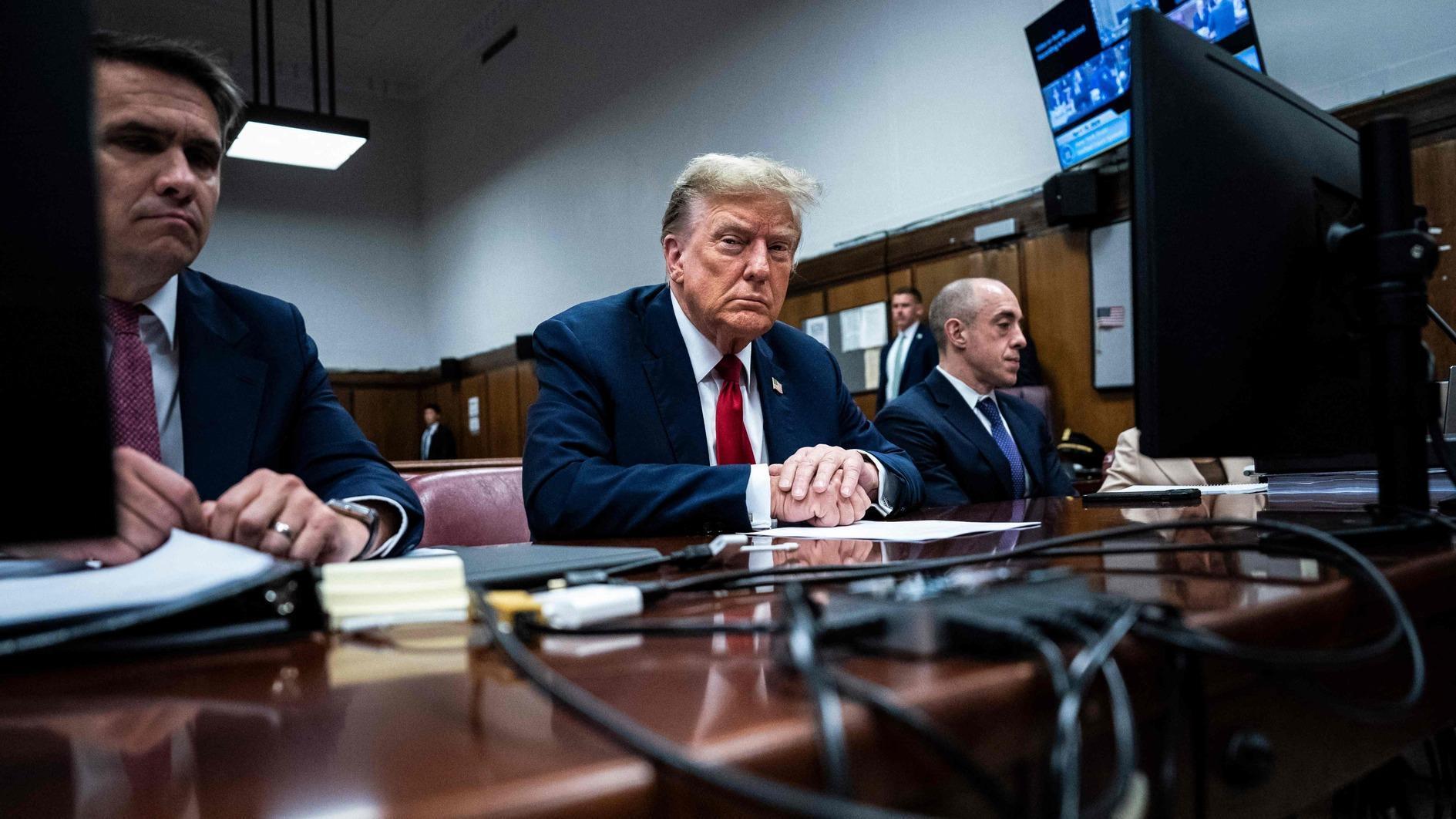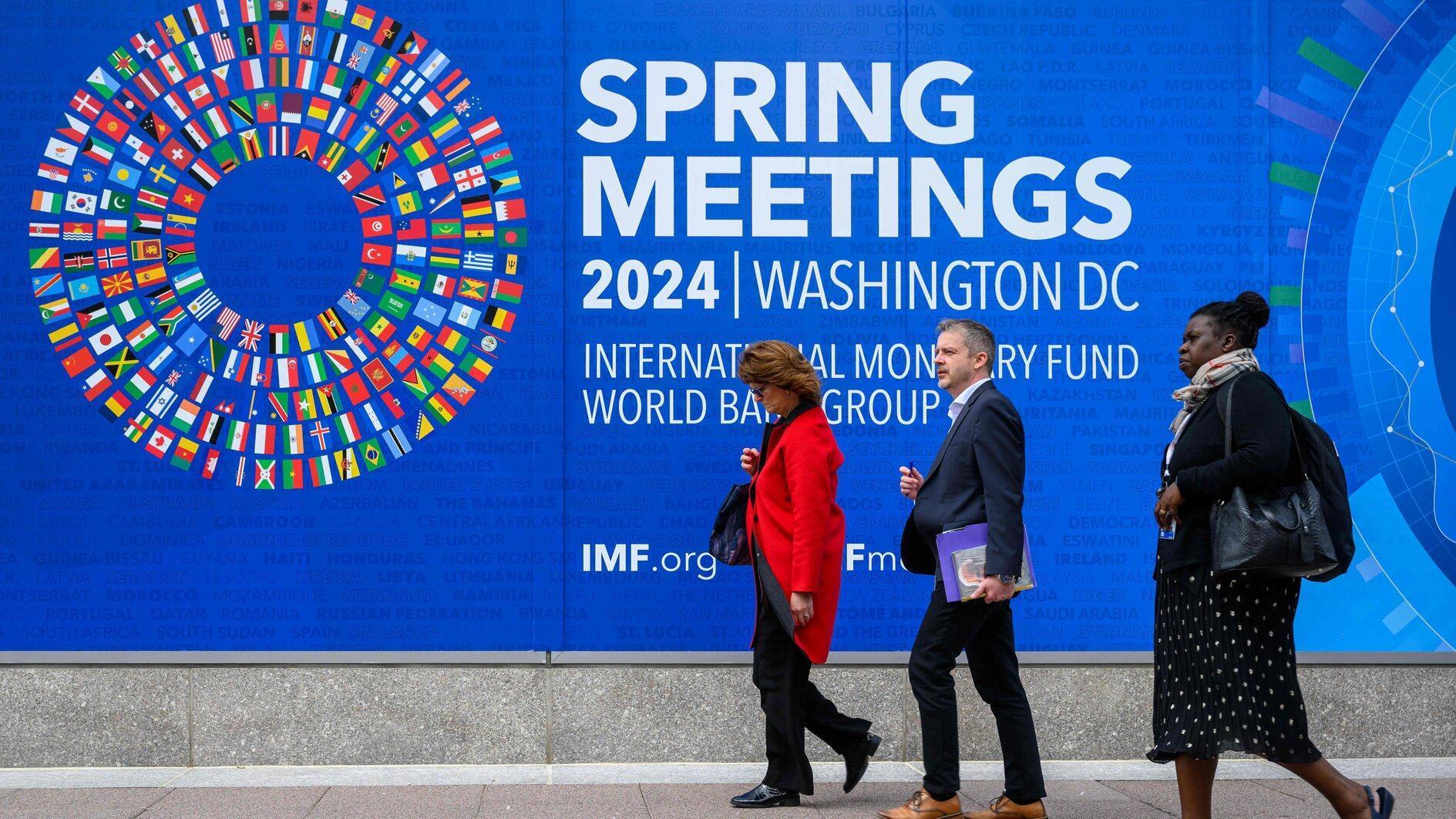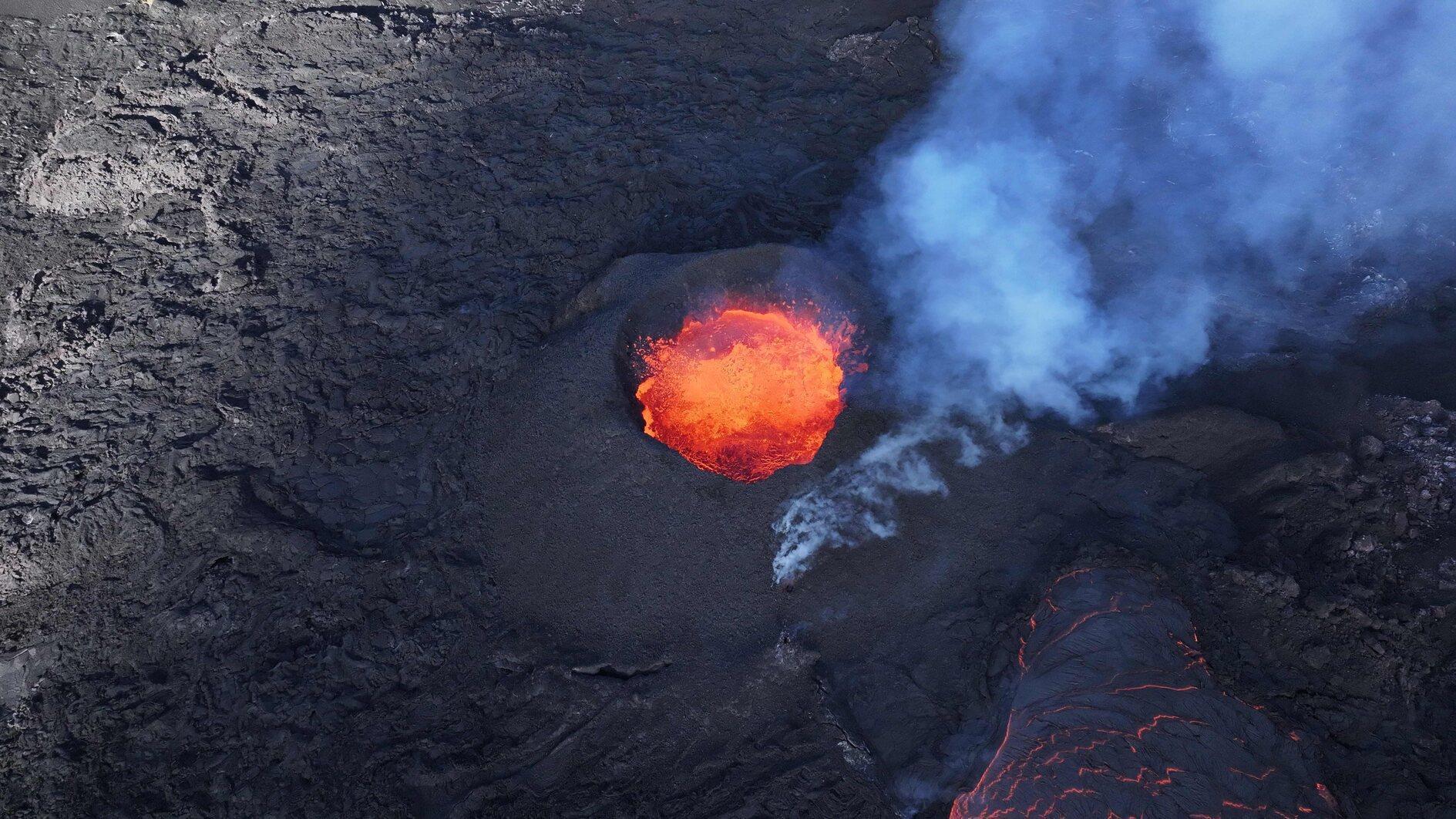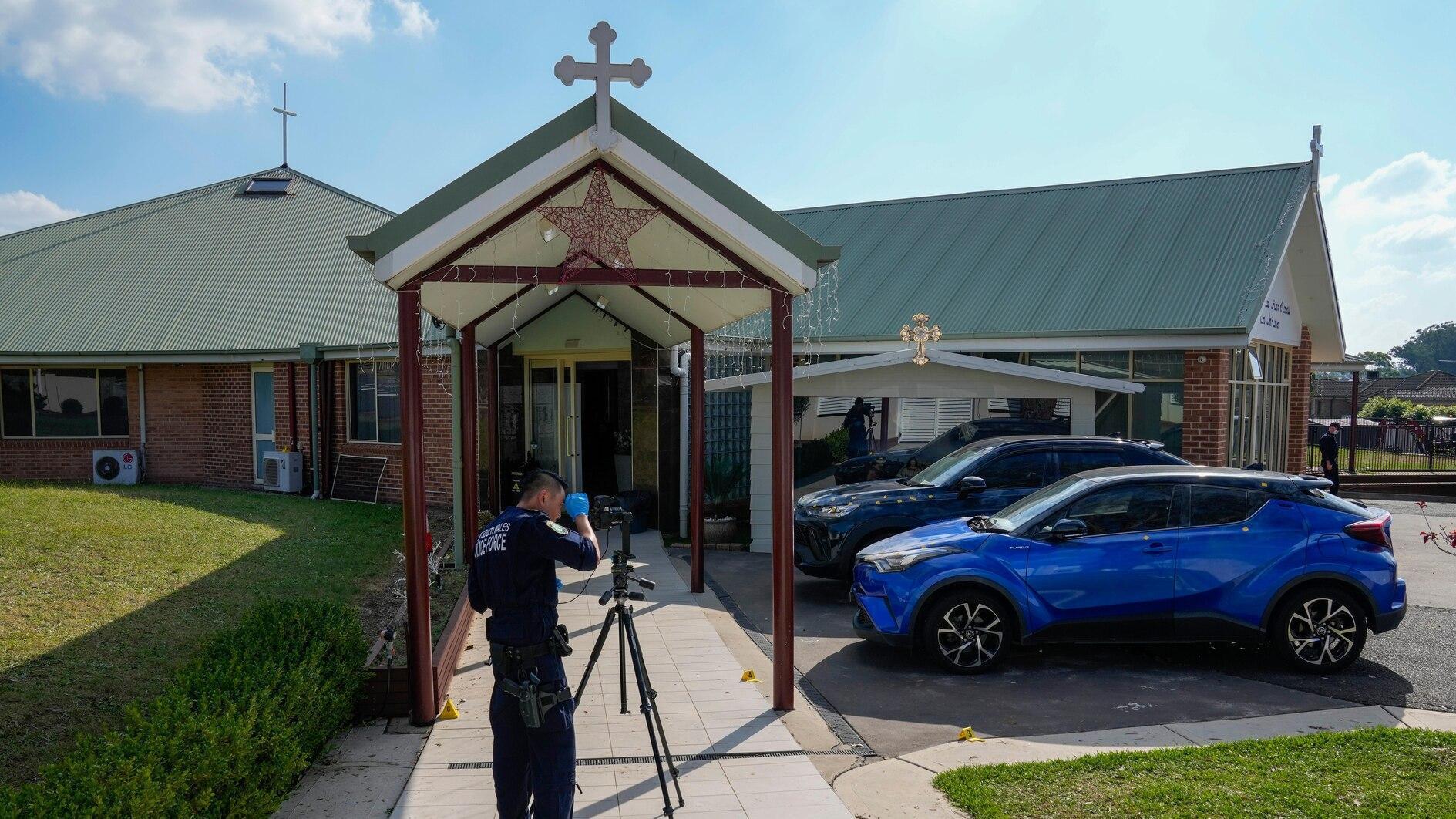The donkey of Hodja
Neither Kadri Gürsel nor his freedom can be compared to a lost and found donkey, but our situation is very much like a Nasreddin Hodja joke.
One day Nasreddin Hodja lost his donkey. As Hodja very much needed his donkey to go from one place to another, he was very much affected and became desperate because of his donkey’s absence. He knocks on every door, consults all neighbors and asks them if they saw his donkey. The donkey was missing and no one apparently had any idea where it might have gone. A while later Hodja finds his donkey in a nearby field and starts repeating out loud, “Thank God!” Wondering what happened, why he was thanking God, neighbors ask, “Hodja, why are you thanking God so much?”
All smiles, Hodja tells the neighbors, “I have two reasons. Both are very important. First, I am grateful that I was not on the donkey when it was lost, otherwise I would be lost too.” The neighbors burst into laughter and ask Hodja, “Come on Hodja, be serious. What is the other reason?” With an even bigger smile on his face, Hodja replies, “I am grateful because this incident showed how blessed I am. God saw me desperate, hopeless and in vain. He made me lose my donkey and then let me find it … I am a blessed man.”
We are blessed people, perhaps not as blessed as Hodja, because we have not yet seen all those important people who have been deprived of their freedoms and banished to the prisons of the ruling Justice and Development Party (AKP) free. The release of Gürsel, of course pending trial, has been our demand as has been our fundamental demand for the release of all journalists. Under the Turkish constitution and the procedure of trials, arrest is an exception and could be applied under certain conditions. Besides the fact that journalism is not a crime, most of our colleagues deprived of their freedoms have never been involved in anything other than journalism. Of course, journalists might be involved in a crime and, if so, must be held accountable for the crime they are accused of committing. Yet arresting people, concocting evidence and holding them behind bars without any tangible charge for months and years is in itself an act of torture that must be condemned.
After the release of Gürsel on Monday night and two other journalists this week, the number of journalists behind bars still remains at 153. So unfortunate for Turkey to have such a high number of journalists in prison and still boast around of being a democracy.
I welcome the release of Gürsel with a slight amendment to the unfortunate “insufficient but yes” slogan of the 2010 referendum campaign. It is indeed so unfortunate that other colleagues and newspaper executives held in prison over the Cumhuriyet case were not released like Gürsel but the development is indeed an “insufficient” development that we all embraced with great happiness.
Let’s all hope that there will be days in this country when journalists, academics and intellectuals of this society will not feel compelled to think twice or three times what they want to say, reword everything to avoid persecution and suffer under censorship and, worst, self-censorship.
Is it not sad to see government executives herald at every occasion the great new prison complexes, which could house an additional 250,000 people, that would be built, and some facilities, which might host up to 50,000 people, that would soon be completed?
What’s going on in northern Iraq? What’s the situation in the fight against the Islamist terrorists? What about the U.S. funding of Kurdish terrorists in the face of continued empty talk on “valued alliance with partner Turkey.”
Turkey has a very heavy agenda and after the Kurdish independence vote nothing will get better on the Iraqi front or along the Syrian border. Already, there are intelligence reports of the possibility of a surge in separatist terrorism. The northern Iraqi vote will definitely have an impact on domestic security as well.
How could Turkey confront these multi-faceted threats without diverging from democracy, stop polarization, and embrace differences as elements enriching this country rather than consider them as potential security threats.











